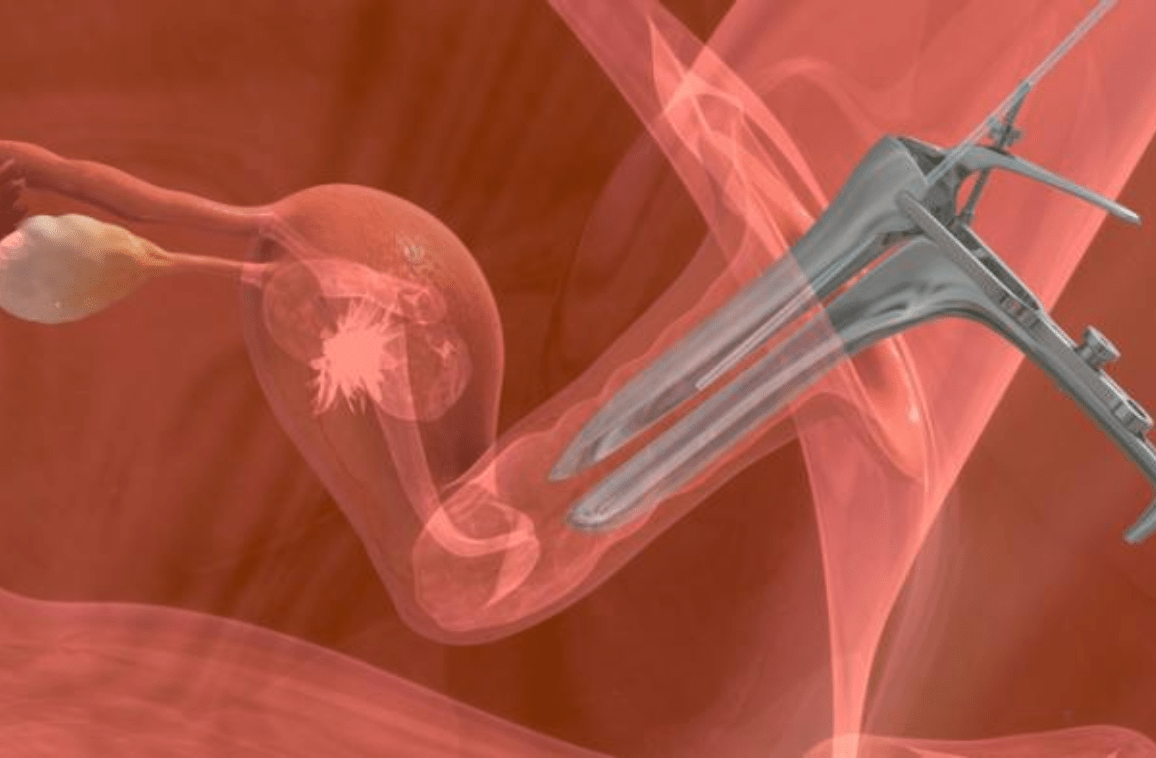Preparing for embryo transfer Do’s and Don’ts
For a pregnancy couples do opt for embryo transfer as there are advantages of embryo transfer. The doctor do the embryo transfer in a professional manner, taking great care of the woman’s health.
An embryo transfer is the final step of in-vitro fertilization (IVF). During the IVF, the doctor does prescribe medications to stimulate the ovaries into releasing healthy eggs. After a few days, these eggs are then removed from the women’s ovaries and thereafter fertilized in the lab under expert supervision. Once the eggs transform into multiple embryos, the doctor decides to transfer these embryos back into the woman’s uterus to continue her pregnancy.
The embryo transfer is the final and most crucial step in the IVF implantation process. The transfer itself is rather quick and painless, but the waiting period can be very difficult. For about two long weeks, patients need to wait and also hope that the embryos have successfully implanted and have also begun to grow. It is a period of great anxiety and anticipation.
The question that arises is what to do after the embryo transfer and what to avoid doing.
Things to remember after an embryo transfer
After the embryos have been transferred back into the woman’s uterus, there are a few things to remember after undergoing the embryo transfer.
It is okay to cough and sneeze if needed. That will not dislodge the embryo. The woman can get up from the procedure 5 to 15 minutes after ET. After the embryo transfer, she can go home within an hour. She may have some cramping and spotting, which is not unusual.
Sneezing as well as coughing do not affect embryo implantation, as the embryo is rather cushioned inside the uterus and, of course, burrows into the bed of the uterus. It does not float freely in the woman’s uterus.
Taking things easy on that particular day is important. The woman patient can move around but avoid strenuous activity and heavy lifting. Several people move very slowly. She can walk at her average speed.
What not to do after your embryo transfer?
To enhance IVF success after embryo transfer, the woman needs to remember a few things.
Don’t go near the cooking place
Be away from the heat of the cooking range, as that can make the person uncomfortable. Raising her body temperature can potentially affect the implantation of the embryo and lead to a lower success rate. So, don’t do this after the embryo transfer.
Avoid sexual intercourse
To ensure success after embryo transfer, doctors do recommend avoiding sexual intercourse for a week to 10 days after the embryo transfer in order to increase the chances of pregnancy success.
Stay away from polluted areas
The woman patient can resume her work after a day or two. She need not stop working or going to the office. Yet, there are few restrictions after embryo transfer, for example, avoid going to places which are heavily polluted. It might affect the success rate.
Don’t inhale strong-scented substances
Avoid inhaling petrol and diesel fumes by traveling via areas with less traffic or at a time when the traffic is minimal.
What can you do after your embryo transfer?
The woman patient must not forget about the things that tend to decrease the chances of IVF success after embryo transfer.
Carry on with daily chores
Bending, bathing, and taking care of one’s daily needs are permitted. The woman can perform light cooking. She can also give herself a few days off. Just pampering her to relax and rest.
To sum up
After embryo transfer, it is also very important to take some precautions and follow the above-mentioned do’s and don’ts in the initial few days. This ensures a healthy pregnancy after embryo transfer.
Being calm helps, and taking support from friends and family also helps.

Write your message

